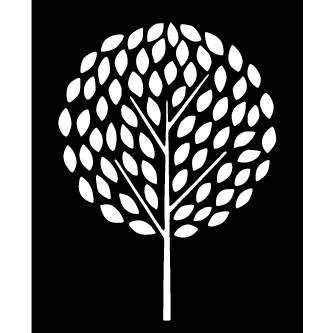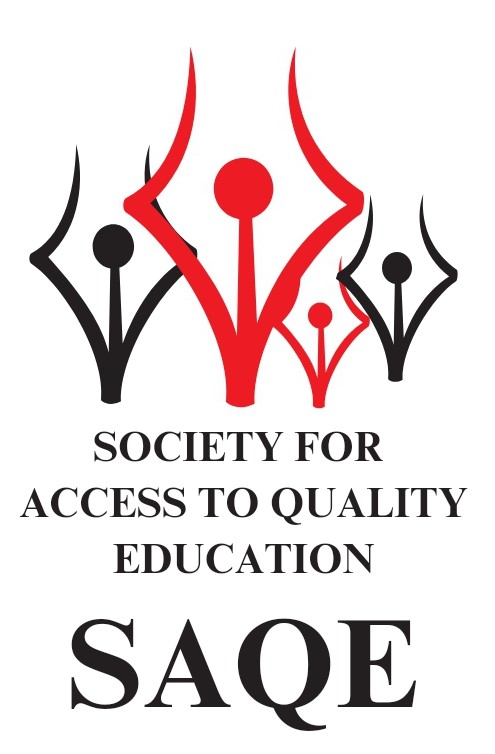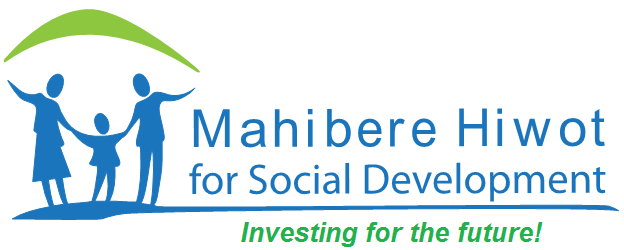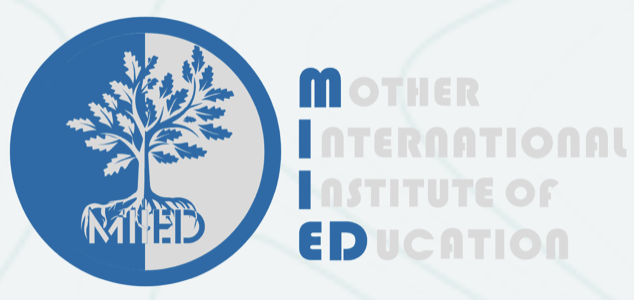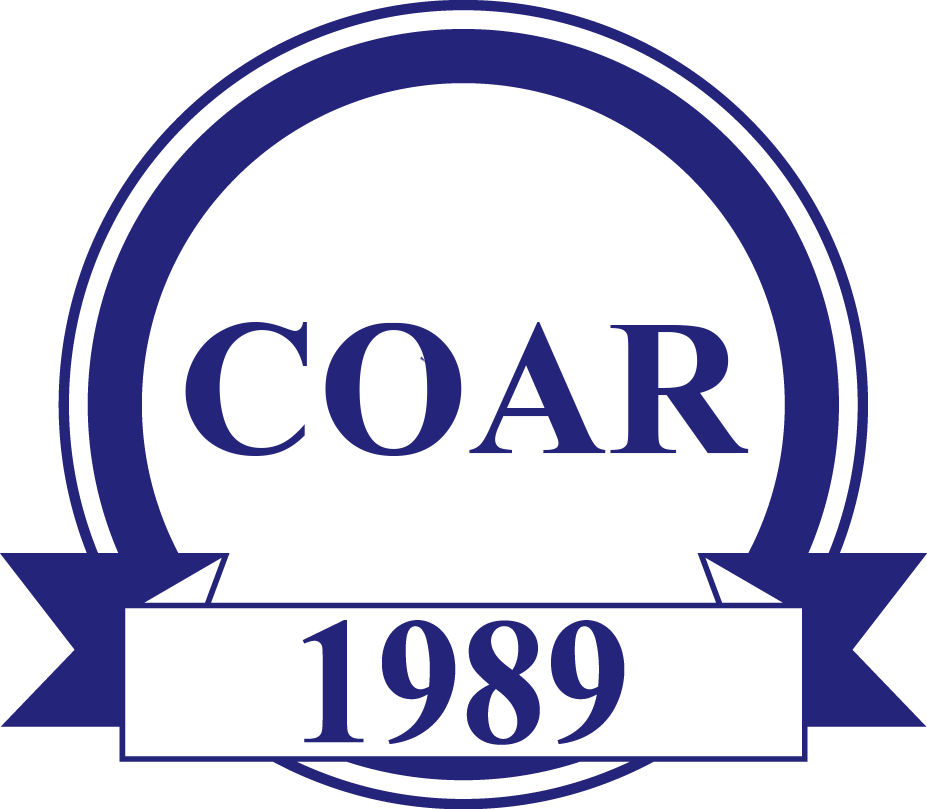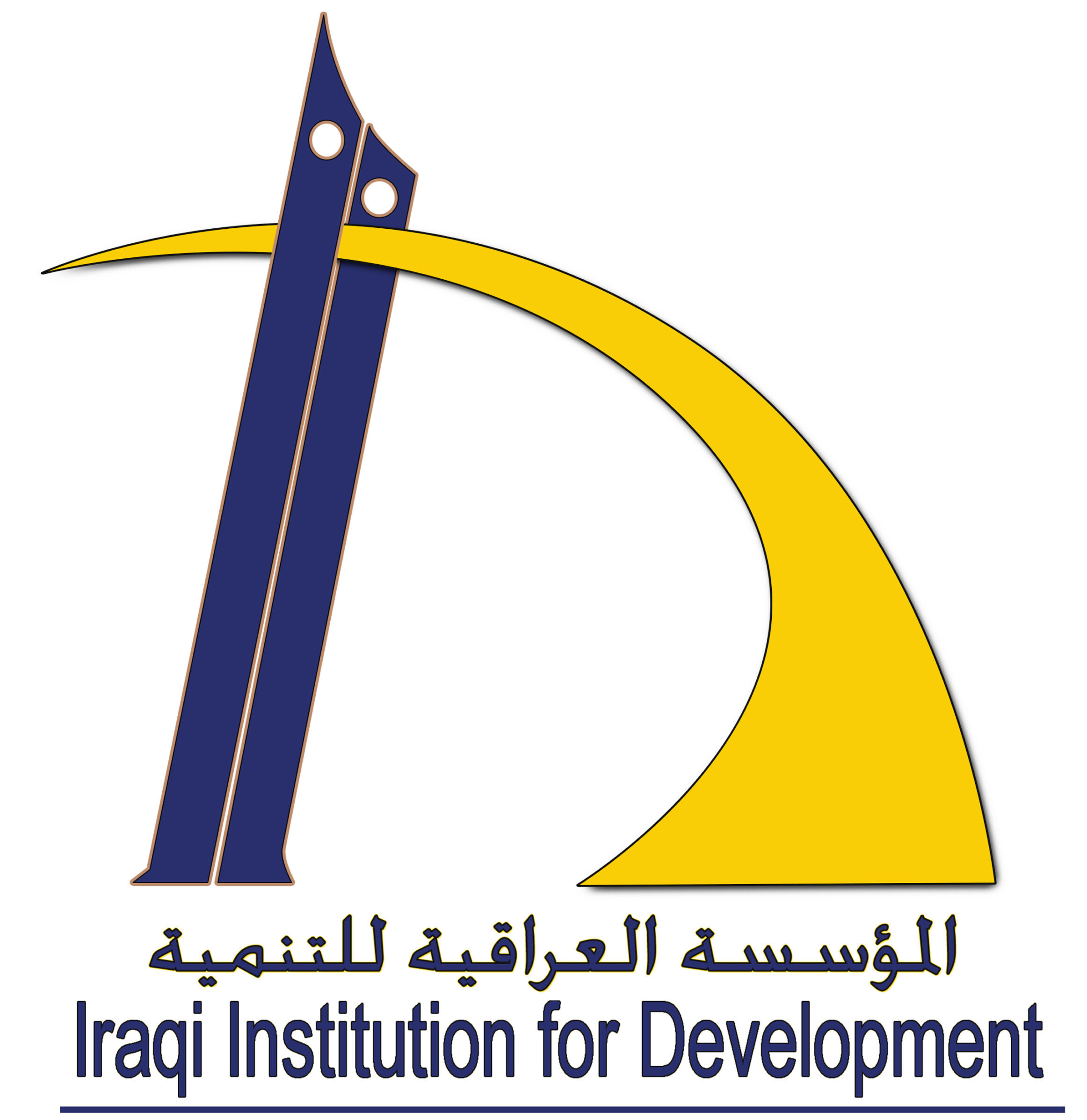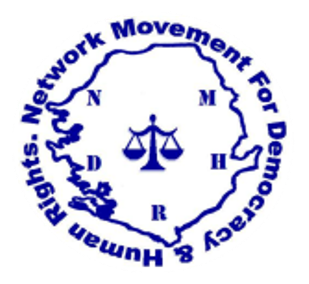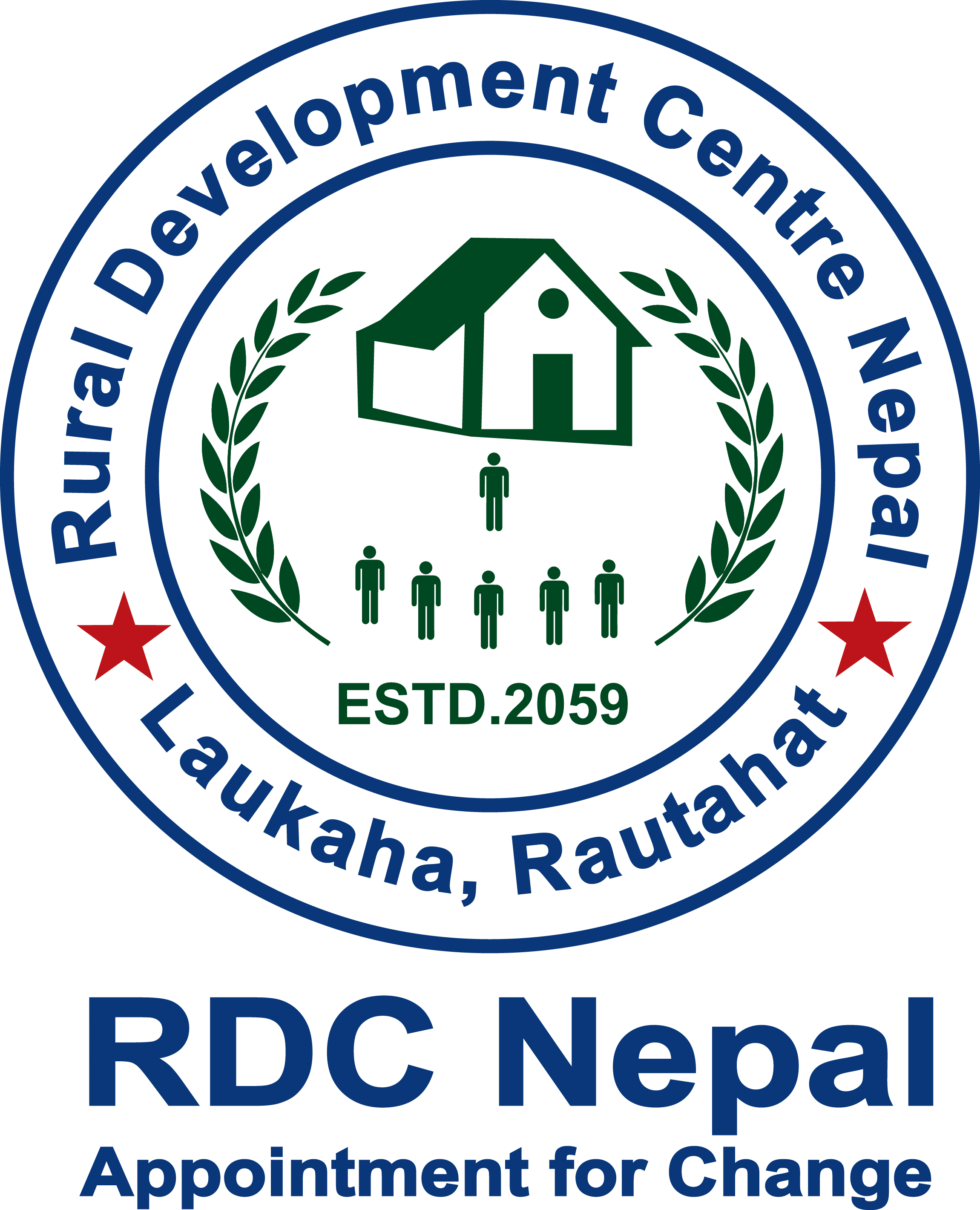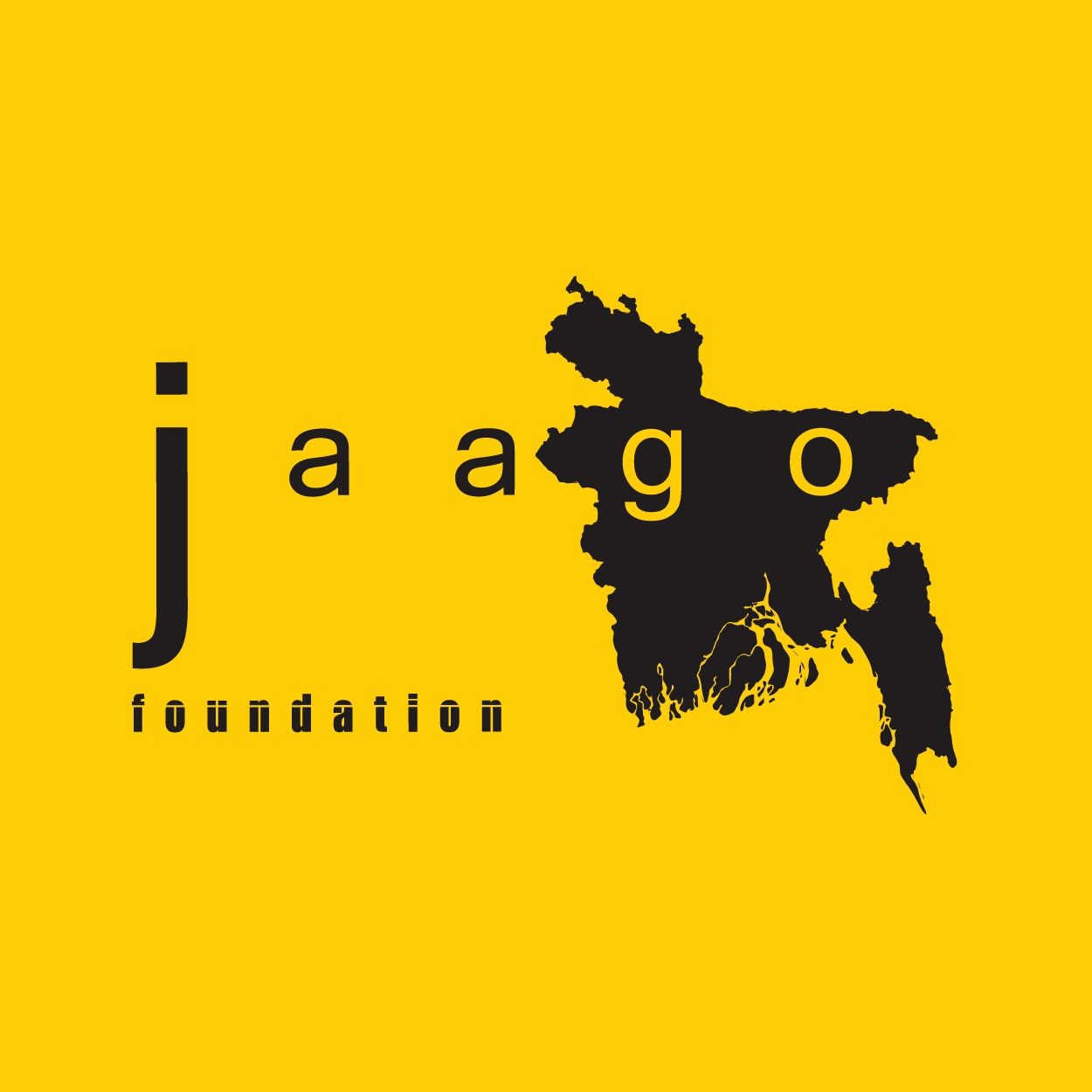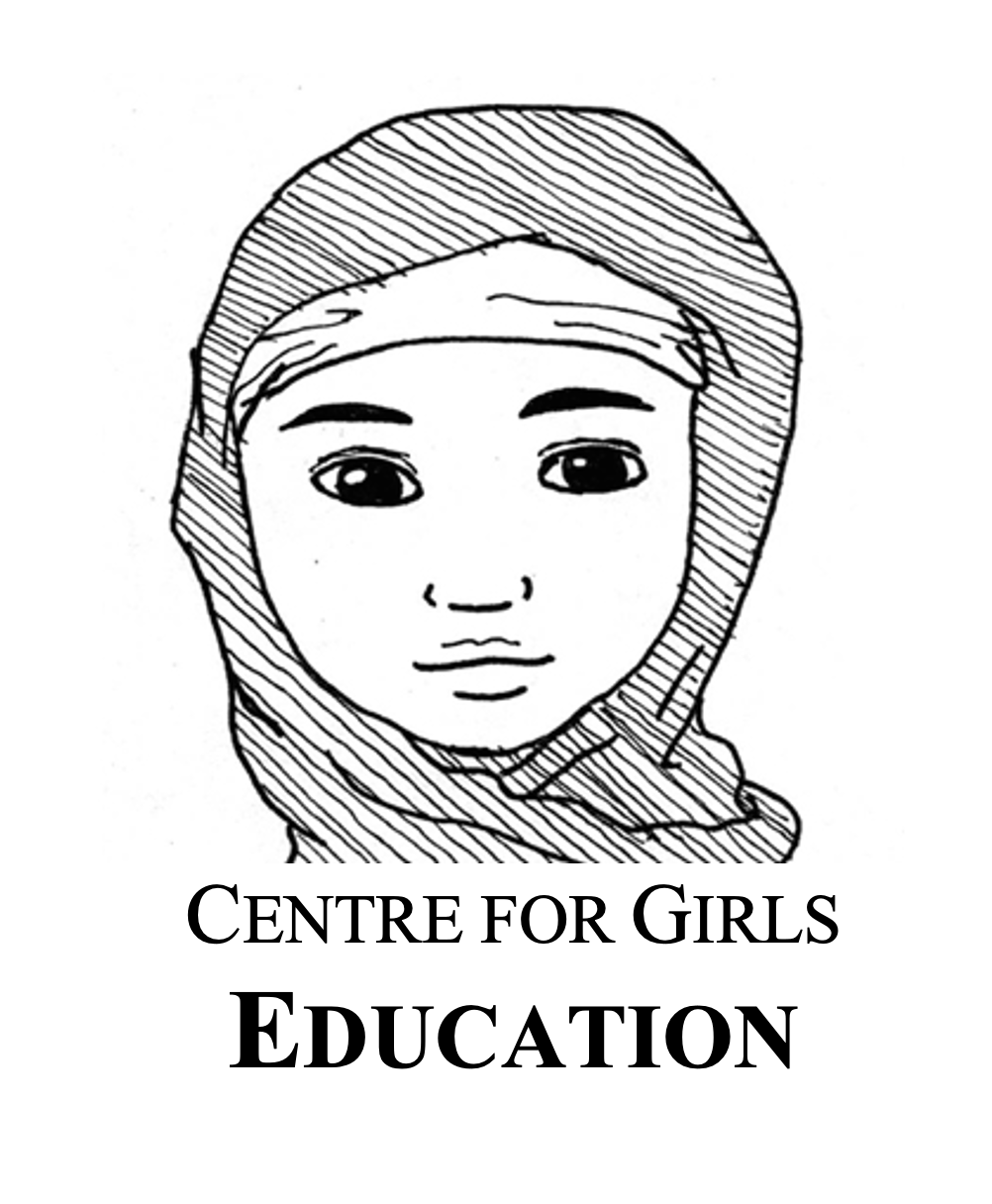Our Members
Organizational Members 295 - Individual Members 73 - Countries Represented 63
- New York, USA
More information
The Consortium is a globally expanding group of colleges and universities in the U.S., Bangladesh, Canada, France, Germany, Ireland, Italy, Jordan, Lithuania, the Netherlands, Poland, South Africa, Spain, Sweden, Switzerland, and the United Kingdom. Each institutional member is committed to hosting at least one threatened scholar every year and these exiled hosted scholars constitute our scholar cohort. We work with them individually and together to try and lessen the profound sense of dislocation that exiled scholars suffer and which adversely impacts their intellectual and personal lives. Since 2021, the Consortium has expanded its mission to include finding placements for threatened Afghan and Ukrainian academics, students, and artists at Consortium member institutions. Established in September 2018, the Consortium follows in the tradition of The New School’s original University in Exile created by The New School’s first President, Alvin Johnson, in 1933. The first University in Exile became the home of rescued, largely Jewish endangered scholars from Germany and France. Today, members of the New University in Exile Consortium are hosting nearly 300 exiled scholars from 30 countries.
Main areas of work
- Advocacy, Capacity Building, Education in Emergencies
- Pakistan
More information
SAQE through its flagship network Pakistan Coalition for Education advocates for free, compulsory education under Article 25A and SDG 4 across Pakistan. It drives policy reforms, enhances education governance, and empowers citizens to overcome barriers to access. Focusing on financing, governance, Gender and inclusion, system transformation, resilient education etc.
Main areas of work
- Advocacy, Capacity Building, Education Financing, Education in Emergencies, Equality and Non-Discrimination, Gender Equity & Equality, Girls’ Education and Inclusion, Other, Quality of Teaching and Learning, Research, Transformative Education
OR.M 0009
- Addis Ababa, Ethiopia
More information
Mahibere Hiwot for Social Development (MSD) is a prominent Ethiopian civil society organization founded in 1999 in response to the HIV/AIDS epidemic. Initially registered as a local NGO, MSD was re-registered in 2019 under Ethiopia’s Civil Society Proclamation No. 1113/2019. For over 25 years, MSD has implemented impactful health, social, and humanitarian programs across 84 cities and rural areas in seven regions, focusing on:
• HIV Prevention, Care, and Treatment
• Maternal, Newborn, and Child Health (MNCH)
• Sexual and Reproductive Health (SRH) & Family Planning (FP)
• Nutrition & Water, Sanitation, and Hygiene (WASH)
• Education, Accessibility, Quality of education
• Emergency Response & Humanitarian Assistance
• Child Protection & Social Accountability
Main areas of work
- Capacity Building, Education in Emergencies, Equality and Non-Discrimination, Girls’ Education and Inclusion, Quality of Teaching and Learning, Transformative Education
- Australia, VIC
More information
MIIED provides quality online education in indigenous languages, for the continuation of schooling of girls in Afghanistan, and the empowerment of women worldwide.
MIIED complies with the rules and standards of accredited educational organizations for the integrity and sustainability of its educational programs.
Main areas of work
- Advocacy, Capacity Building, Education Financing, Education in Emergencies, Equality and Non-Discrimination, Gender Equity & Equality, Girls’ Education and Inclusion, Quality of Teaching and Learning, Research, Technology and Artificial Intelligence (AI), Transformative Education
OR.M 0002
- Oxfordshire, United Kingdom
More information
WTI challenges poverty and inequality by expanding access to, and improving the quality of, education and training for communities affected by conflict, displacement, neglect or discrimination in Eastern and Horn of Africa.
Main areas of work
- Capacity Building, Education in Emergencies, Girls’ Education and Inclusion, Quality of Teaching and Learning, Transformative Education
- Burkina Faso, Ouagadougou
More information
The National Coalition for Education For All in Burkina Faso is a civil society organization established in October 2000 and legally recognized by the Ministry of Territorial Administration.
It is composed of 74 civil society organizations, including associations and national and international NGOs active in education. It is present in all 13 regions of Burkina Faso.
Main areas of work
- Advocacy, Capacity Building, Education Financing, Education in Emergencies, Equality and Non-Discrimination, Gender Equity & Equality, Girls’ Education and Inclusion, Quality of Teaching and Learning, Research, Technology and Artificial Intelligence (AI), Transformative Education
- Afghanistan, Kabul
More information
COAR is an Afghan, independent, non-political, non-sectarian, non-for-profit organization established in 1989 in response to the needs of delivering humanitarian assistance to Afghans during prevailing conflicting context of Afghanistan. In spite prevailed tense situation in country, COAR has developed a long-term strategy of delivering humanitarian aids to Afghans although existing many funding challenges. During different period of outstanding internal conflict, COAR has maintained the access of beneficiaries to basic services with using the main humanitarian principles of Independence, Neutrality and Impartiality in practice. COAR is register with Ministry of Economy as legal entity and other sector authorities such as the Ministry of Women Affairs, the Ministry of Rural Rehabilitation and Development, the Ministry of Education, Ministry of Higher education the Ministry of Public Health, the Ministry of Agriculture, Irrigation, and Livestock and etc.
Initially COAR was operating as cross-border organization providing emergency relief in both sides Afghans in Pakistan and Afghanistan and considered as a biggest local organization operating in Afghanistan.
With using the field-tested lessons from the past, COAR has built its capacity according to the needs and added various values in term of project operation and management.
Currently COAR is widely involved in both semi-emergency and development activities such as Disaster Risk Reduction Management response, agriculture, livestock, health, infrastructural engineering, formal and informal education, vocational training, Media evaluation & monitoring, emergency shelter plus CSOs supporting programs and etc. In result of implementation of numerous projects in each sector, COAR has gained significant experiences in each field and built the capacity of its staff on each level of management.
Main areas of work
- Advocacy, Capacity Building, Education in Emergencies, Gender Equity & Equality, Girls’ Education and Inclusion, Quality of Teaching and Learning
- Baalbek-Hermel, Lebanon
More information
Established in 1998, The Lebanese Organization for Studies and Training (LOST), has a clear and commendable mission. It focuses on creating a developed and equitable society through reducing poverty, eliminating exclusion and fostering a culture of peace. LOST targets the ultra-conservative and underdeveloped communities of the Republic of Lebanon with multi layered projects that adopts social and economic aspects.
Being considered as vulnerable or marginalized groups in many societies, LOST focuses on youth and women through educating them on civic and intellectual matters. It provides them with the tools and knowledge they need to participate in and contribute to the development of themselves and their communities.
LOST works on strengthening communal capacities and empowering them to take an active role in their development and self-governance. These communities will be able to identify their needs, set priorities, and collaborate on solutions. It Is promoting a more inclusive, self-sustaining, and a democratic society in Lebanon while emphasizing on rule of Law, Justice, liberty and economic wellbeing.
Main areas of work
- Advocacy, Capacity Building, Education Financing, Equality and Non-Discrimination, Gender Equity & Equality, Girls’ Education and Inclusion, Transformative Education
- Iraq, Ninawa
More information
The Iraqi Institution for Development (IID), established in 2003, is an independent, non-governmental, non-profit organization committed to human rights, social justice, and community participation. Through participatory and community-driven approaches, IID empowers individuals, addresses humanitarian needs, and promotes inclusive education, peacebuilding, and advocacy to build resilient and just communities across Iraq.
Main areas of work
- Equality and Non-Discrimination, Gender Equity & Equality, Girls’ Education and Inclusion, Quality of Teaching and Learning, Technology and Artificial Intelligence (AI), Transformative Education
OR.M 0007
- Aden-Al-Tawahi, Yemen
More information
The Yemen Center for Human Rights was established on April 20, 2004, in Aden Governorate. It is a non-governmental, non-profit organization officially registered with the Ministry of Social Affairs and Labor under license number (682-579).
The center holds an independent legal personality and engages in various research, scientific, cultural, and humanitarian activities. It has extensive experience implementing projects in cooperation with international organizations in vital areas, including Human Rights, Peace building, Good Governance and Anti-Corruption, Sustainable Development, Democracy and the Rule of Law, Transitional Justice, Economic and Political Empowerment of Women and Youth.
Main areas of work
- Advocacy, Capacity Building, Education Financing, Equality and Non-Discrimination, Gender Equity & Equality, Quality of Teaching and Learning
- Sierra Leone, Western Region
More information
Network Movement for Democracy and Human Rights we Promote cooperation and teamwork among network partners. Recognize and respect the dignity of the individual in accordance with Article 1 of the Universal Declaration of Human Rights (UDHR).
Main areas of work
- Advocacy, Capacity Building, Equality and Non-Discrimination, Gender Equity & Equality, Girls’ Education and Inclusion, Research
OR.M 0020
- Madhesh Province, Nepal
More information
Create a society where every individual can enjoy the freedom of life with equal rights, dignity and prosperity without causing any harm to the human being and the environment.
Main areas of work
- Capacity Building, Equality and Non-Discrimination, Gender Equity & Equality, Girls’ Education and Inclusion, Research, Transformative Education
OR.M 0011
- Bangladesh, Dhaka
More information
JAAGO Foundation is a non-profit organization that empowers underprivileged individuals and communities in Bangladesh through education, youth development, women’s empowerment, climate change, governance, and poverty alleviation.
Main areas of work
- Advocacy, Capacity Building, Education Financing, Education in Emergencies, Equality and Non-Discrimination, Gender Equity & Equality, Girls’ Education and Inclusion, Other, Quality of Teaching and Learning, Research, Technology and Artificial Intelligence (AI), Transformative Education
OR.M 0012
- Ghana, Northern Region
More information
Savana Signatures has a vision of a society where all have access to tools that improve their livelihoods and quality of life and a mission to initiate positive change among youth, women and vulnerable populations of Ghana using innovative solutions to facilitate access to Reproductive Health and Rights (Including Maternal and Child Health), Quality Education and Skills Development.
Main areas of work
- Advocacy, Capacity Building, Girls’ Education and Inclusion, Quality of Teaching and Learning, Technology and Artificial Intelligence (AI)
OR.M 0019
- Kaduna, Nigeria
More information
To educate girls in the classroom and beyond; by providing girls with the opportunities to acquire essential human, social, economic, health information and skills in a safe and supportive environment to make informed decisions about their lives which will enable them make healthy, safe and productive transition to adulthood.
Main areas of work
- Advocacy, Capacity Building, Gender Equity & Equality, Girls’ Education and Inclusion, Quality of Teaching and Learning, Research

